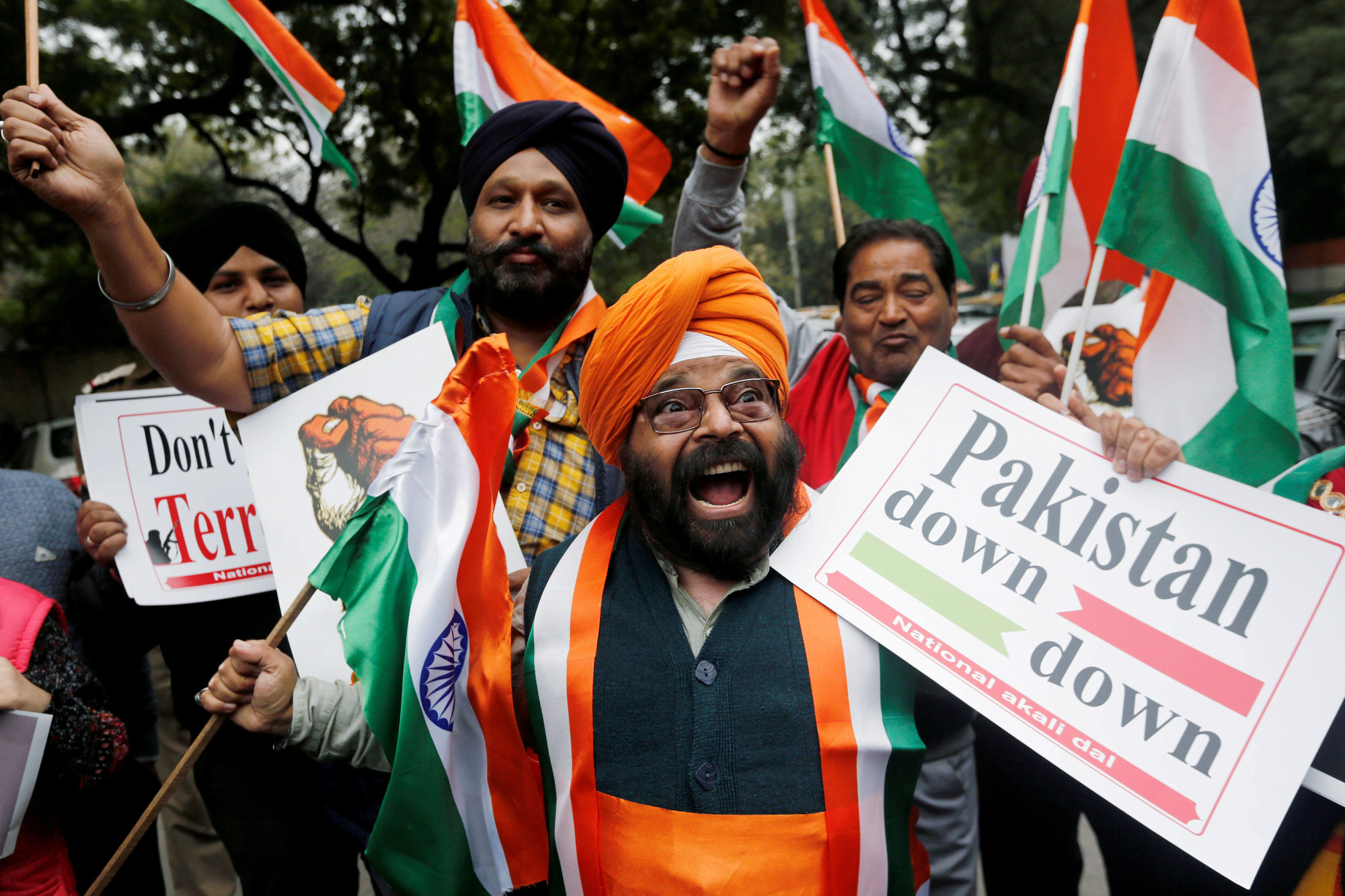While India and Pakistan seem to have stopped bombing one another, the causes behind the cross-border tensions aren't going away any time soon. The two nations are nuclear-armed; have large conventional armed forces; have had four serious wars since they became independent in 1947; and have enormous cultural and religious antipathy. This is a prescription for a disaster, and yet the confrontation is flying below the international radar — well below North Korea, Brexit, China-U.S. trade confrontations, Iran and even the "yellow vests" of France. A full-blown war in Kashmir is a very real possibility.
When I was the supreme allied commander of NATO, the most important mission of the alliance was dealing with terrorism in Afghanistan. Unfortunately, our Pakistani partners continued to support many of the radical elements of the Taliban. They were afraid of creeping Indian influence, and much preferred a Taliban-dominated Afghanistan to a more Western-leaning and independent Afghani government. I dealt often with Gen. Ashfaq Kayani, the chief of staff of the Pakistani Army. He frequently came to NATO's political headquarters in Brussels to brief the combined military leadership of the alliance on the key threat Pakistan faced several years ago — internal terrorism. Yet always hovering over our conversations was the Pakistani military's deepest concern: India.
The most recent crisis was set off in mid-February when a Pakistani terrorist group, Jaish-e-Mohammad, detonated a suicide bomb in Indian-controlled Kashmir, killing 40 Indian soldiers. It was the deadliest attack on security forces since that insurgency began in earnest decades ago. While the Pakistani government denied involvement in the bombing, India believes it was aware of the incident, and therefore responded with significant airstrikes into Pakistan. Two Indian fighter jets were shot down and a pilot captured. There was an unmistakable echo of the 1947 and 1965 Kashmir conflicts, in which tens of thousands died.


















With your current subscription plan you can comment on stories. However, before writing your first comment, please create a display name in the Profile section of your subscriber account page.